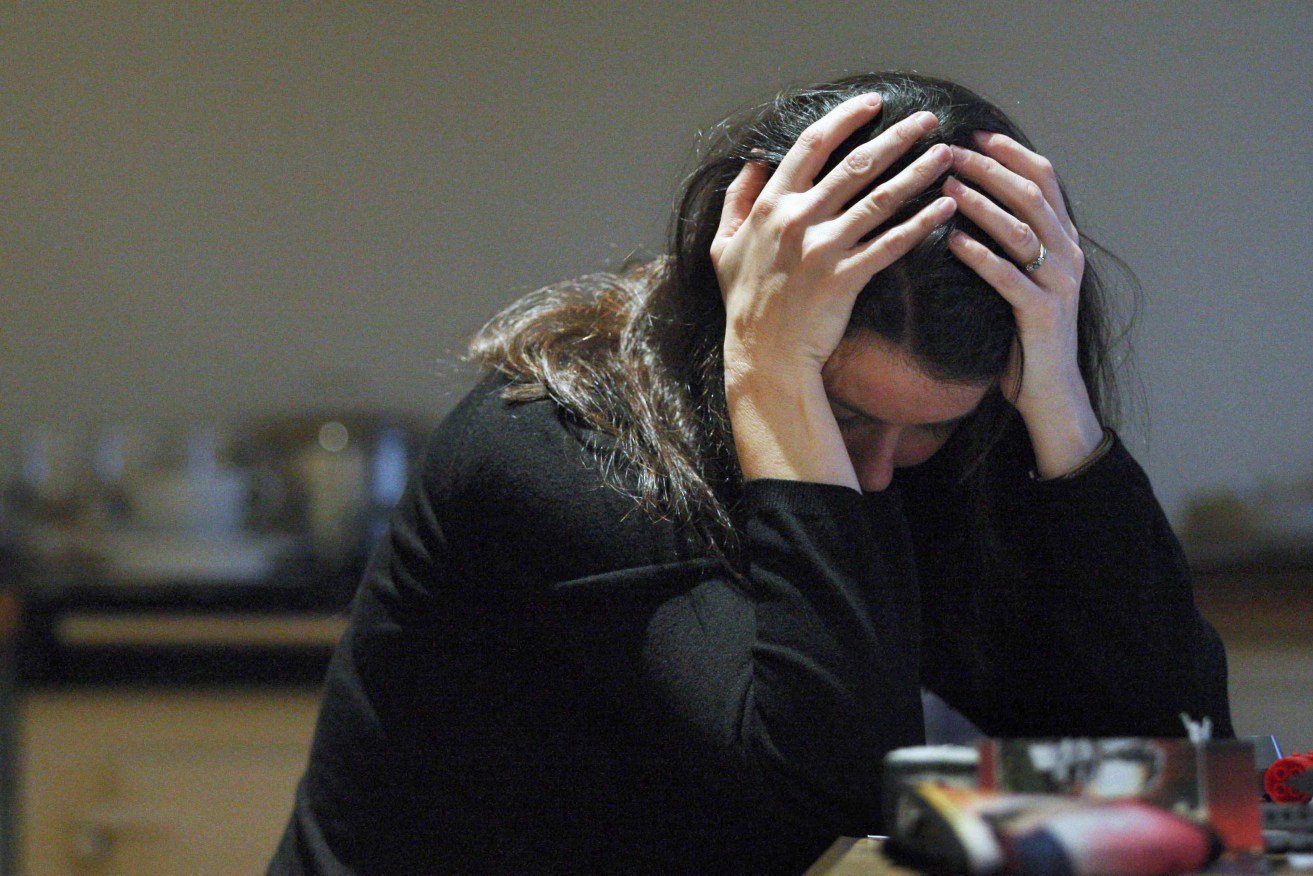Community is key to easing mental health crisis
Investing in more community-based support and housing is the best way to deal with mental health crisis – not sending people in distress to emergency departments or public hospital beds, argues Geoff Harris.

Photo: David Cheskin/PA Wire
Famous psychologist Abraham Maslow once said: ‘If all you have is a hammer, everything looks like a nail.’
I can’t help but think how apt that is right now as I watch our current debate on how to fix our mental health system.
When hospital-based clinicians lead the debate on how to fix a broken mental health system it seems the only solution is a hospital-based response, yet if we continue to focus on the crisis and hospital solutions, then we know the system will remain broken.
We are also disrespecting years of advice and pleading from the very people who have been through the emergency pathway and want something different. Ask them and you will hear more beds and hospital-based solutions do not give them the results they need.
Yet we can agree on one thing, and that is the South Australian Government needs to invest more in mental health. But that investment needs to be in community support and housing – areas where we can stop the crisis before it happens.
What we don’t need more of is the chaos that comes with a hastily-prepared 10 point plan.
Something many South Australians may not realise is that we already have the solutions; they are a part of the South Australian Mental Health Services Plan. This plan has been developed with strong input and advice from people with lived experience of illness, family carers and a wide range of stakeholders – not just those with hammers.
The clear advice from people with lived experience who are navigating the mental health system everyday is that periods of crisis are only a small part of the ‘journey’ in coming to grips with understanding mental distress, while learning to live well and manage symptoms or illness. What happens during, before and after the crisis is important and the evidence base is clear that good community support will reduce reliance on unplanned crisis or emergency services.
What we also know from all this evidence is that over 50% of people who present to Emergency Departments for mental distress are discharged without receiving significant treatment.
It is also widely understood that even the best run EDs are highly stressful environments for people experiencing mental distress.
We welcomed the South Australian Government’s investment in the Urgent Mental Health Care Centre (UMHCC) as a lower stress environment designed to assist people to work through their mental health crisis and avoid an unnecessary crisis presentation to ED.
The UMHCC model is an internationally recognised model and is a direct response to feedback from people who want a different answer to more beds in EDs or longer stays. Now that we have it, we would rather see the service expand to more sites, allow for walk-ins and access 24/7 so people are not presenting at EDs.
When our UMHCC was launched there was criticism from some of those who are now crying out about an overwhelmed system, despite the strong evidence that shows Centres like this help – not hinder – the system. It is one of the best innovations in recent years in this state and I applaud the Minister and the Government for investing in this alternative that will also reduce the load on our hard working clinicians in EDs.
But it is not just about preventing crisis that is important here.
Over 30% of people in mental health hospital beds could be discharged if they had appropriate housing and support in the community.
The Productivity Commission Report on their Mental Health Inquiry (the biggest report the Commission has undertaken but not mentioned in this debate) identified that we are meeting only 20% of the community’s need for mental health support. Independent evaluations show that investing in community mental health support is highly effective in supporting people to reduce their use of hospital services.
As part of the Mental Health Services Plan, we are working closely with the Department to redesign the investment in community support to make it even more effective. What we will need next is more smart investment in community support that will not only help people rebuild their lives in the community but also generate cost offsets in other areas of health.
I appreciate the enormous frustration for anyone who has spent any time in and around mental health services. At the heart of it is a constant long term underinvestment that has been going on for many years.
But instead of releasing that frustration as a general pile on to criticise our political leaders, perhaps ask the Premier, the Treasurer, Minister Wade and your local MP to outline their investment plan to implement and scale up the evidence-based solutions in the SA Mental Health Services Plan.
And if you or a family member are struggling with your mental health right now, please know that there are a lot of good people working in mental health and good services out there. You may have to be persistent – but don’t let this debate put you off seeking the help you need.
Geoff Harris is executive director, Mental Health Coalition of SA




